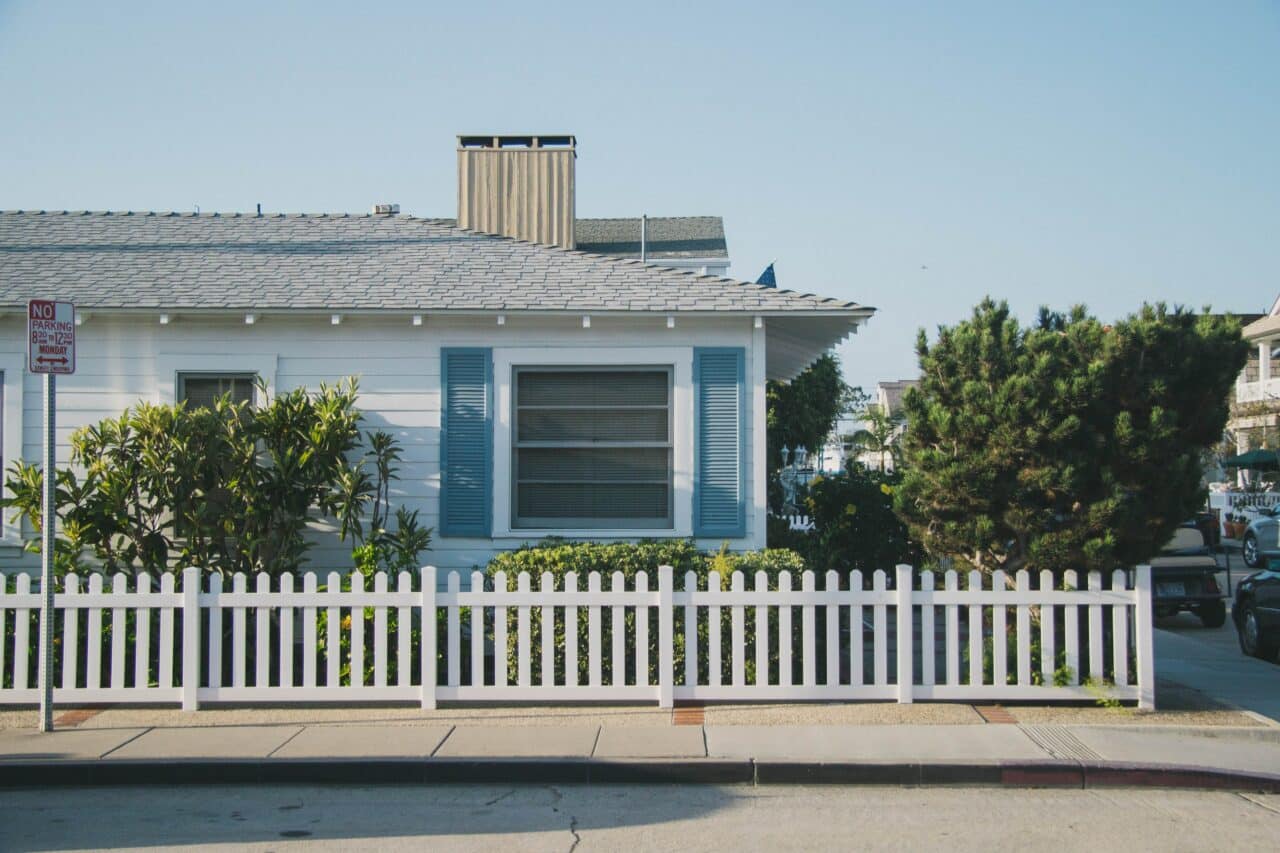
Is it worth reinvesting in 2022?

With house prices very near their all-time
highs, many people are wondering how they might be able to get into the
property market. One option that has become increasingly popular over recent
years is reinvesting.
Reinvesting involves renting where you want to live and investing in a property elsewhere so you can get your foot on the property ladder.
There are a number of advantages and disadvantages to reinvesting in the current market, but it’s worth considering depending on your personal goals.
Advantages of reinvesting
Buy sooner
As property prices have risen so far in such a short space of time, it’s increasingly difficult for first-time buyers to save a deposit and have the borrowing capacity to buy into their preferred locations. By reinvesting, you can buy a more affordable home faster.
Buy in growth areas
Most people choose to buy a home in a location they like and are familiar with. In reality, this is not likely to be the best location for potential capital growth. By reinvesting, you can buy in a growing market and continue to live where you want. This can help grow your property portfolio faster.
Boosts borrowing capacity
If you purchase a home to live in, more often than not you’ll be maxing out your borrowing capacity. That means you won’t be able to invest in other properties until your income grows enough to afford it. By reinvesting, you can have the best of both worlds and buy affordable properties that can help manage reductions in borrowing capacity.
Rent in better locations
In some circumstances, it’s cheaper to rent than buy in most locations when you’re comparing properties. Your rental money will be going a lot further than trying to buy in that same location.
Tax benefits
As a property investor, you are able to claim many of the costs of owning a property as a tax deduction. This is a big advantage over an owner-occupier who doesn’t receive any major tax benefits on a year-to-year basis. There’s also the possibility of negative gearing, depending on your circumstances.
Disadvantages
Being a renter
While it’s great to build a property portfolio, many people don’t like renting and would rather own the home they’re living in. Having to put up with rent inspections and leases can be frustrating and not everyone will be prepared to do it.
Capital Gains Tax
One of the biggest advantages of being an owner-occupier is that you don’t have to pay capital gains tax on your home when you sell it. However, this is not the case if you have an investment property that you rent out, so be prepared to pay capital gains tax when the time comes to sell your property.





